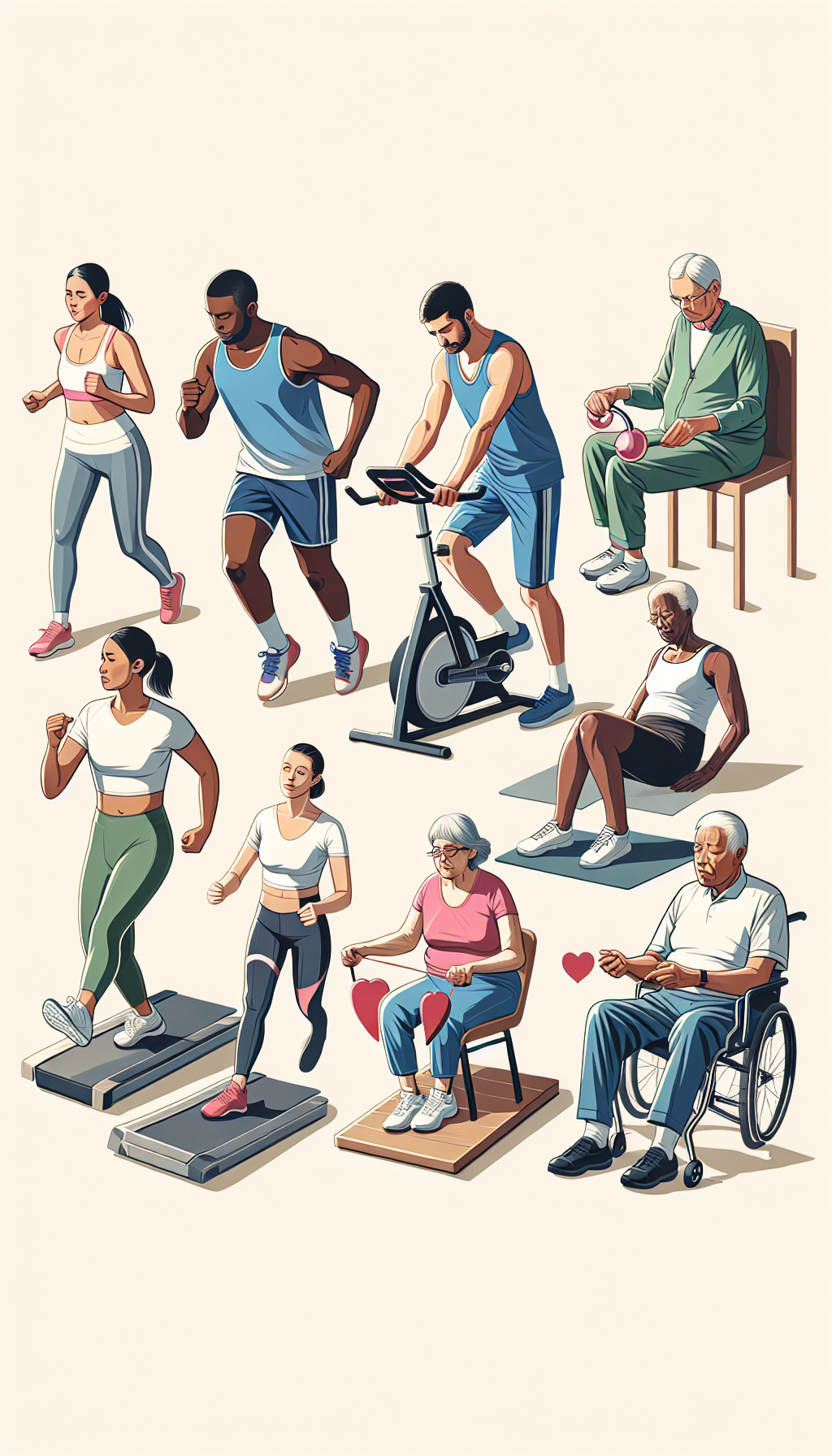Cardiovascular diseases remain a leading cause of morbidity and mortality globally, despite advancements in medical treatments and surgical interventions. Recovering from a cardiac event is a pivotal moment in a patient’s life, marking the beginning of a journey toward improved health and well-being. The importance of adopting lifestyle changes post-cardiac event cannot be overemphasized—it is as crucial as any medication or therapy. This comprehensive guide will delve into the transformative steps individuals can take to ensure a heart-healthy future.
Embracing a Heart-Healthy Diet
Diet plays a fundamental role in cardiac rehabilitation. The American Heart Association recommends a diet rich in fruits, vegetables, whole grains, lean protein, and healthy fats. Reducing sodium intake, cutting back on sugar, and avoiding trans fats are essential dietary changes that can help manage blood pressure and cholesterol levels, both of which are critical in preventing further cardiac complications.
For those recovering from a heart attack or other cardiac events, understanding the impact of nutritional deficiencies on children’s heart health can also provide insights into the importance of a balanced diet for long-term cardiovascular health.
Regular Physical Activity
Physical activity is a cornerstone of cardiac rehabilitation. It can help strengthen the heart muscle, improve circulation, and increase energy levels. The importance of aerobic exercise in hypertension management is also well documented, showcasing the benefits of regular exercise on managing high blood pressure—a common risk factor for heart disease.
Starting with light activities and gradually increasing intensity under the guidance of healthcare professionals is the recommended approach. For specific exercise routines and fitness advice, refer to Avix Health’s section on fitness.
Stress Management
Stress is a known risk factor for heart disease. Chronic stress can lead to high blood pressure, arterial damage, and irregular heart rhythms. Techniques such as mindfulness, meditation, and deep breathing exercises can be effective in managing stress levels. The link between stress and the heart is further explored in the article on the effects of chronic stress on the cardiovascular system.
Smoking Cessation
Smoking is a significant risk factor for developing heart disease. Quitting smoking can rapidly reduce the risk of a recurrent cardiac event and improve overall heart health. Support groups, counseling, and cessation aids like nicotine patches or gum can be instrumental in this challenging yet crucial lifestyle change.
Medication Adherence
Post cardiac event, patients are often prescribed medications to manage their condition and prevent future episodes. Adherence to these medications is vital for their effectiveness. For more information on the proper use of medication and supplements in cardiac care, patients can visit Avix Health’s section on medication & supplements.
Alcohol Moderation
Excessive alcohol consumption can lead to high blood pressure, arrhythmias, and cardiomyopathy. It is recommended to limit alcohol intake or avoid it altogether post-cardiac event. Moderation is key, and guidelines suggest no more than one to two drinks per day for men and one for women.
Continuous Learning and Education
Education is a powerful tool in cardiac rehabilitation. Being well-informed about one’s condition can lead to better self-management and adherence to lifestyle modifications. Resources such as Heart Health Awareness and the Importance of Education can provide valuable information for patients and their families.
External Resources for Further Support
- The American Heart Association’s website offers a wealth of information on heart disease management and prevention.
- The National Heart, Lung, and Blood Institute provides comprehensive resources covering all aspects of cardiovascular health.
- MyLifeCheck by the American Heart Association offers an assessment tool to help individuals understand and improve their heart health.
Conclusion
Recovering from a cardiac event is an opportunity to re-evaluate one’s lifestyle and make meaningful changes that can significantly impact long-term health outcomes. Through a combination of diet, exercise, stress management, smoking cessation, medication adherence, alcohol moderation, and continuous education, individuals can embark on a journey toward a healthier heart.
The road to recovery is unique for each person, but the destination is the same—a life where the heart is given the care and attention it deserves. Embracing these lifestyle changes not only aids in recovery but also paves the way for a robust and resilient cardiovascular system.



